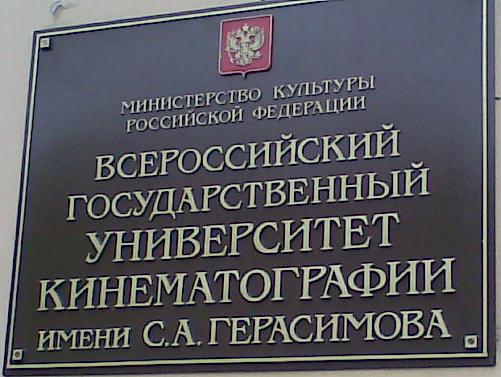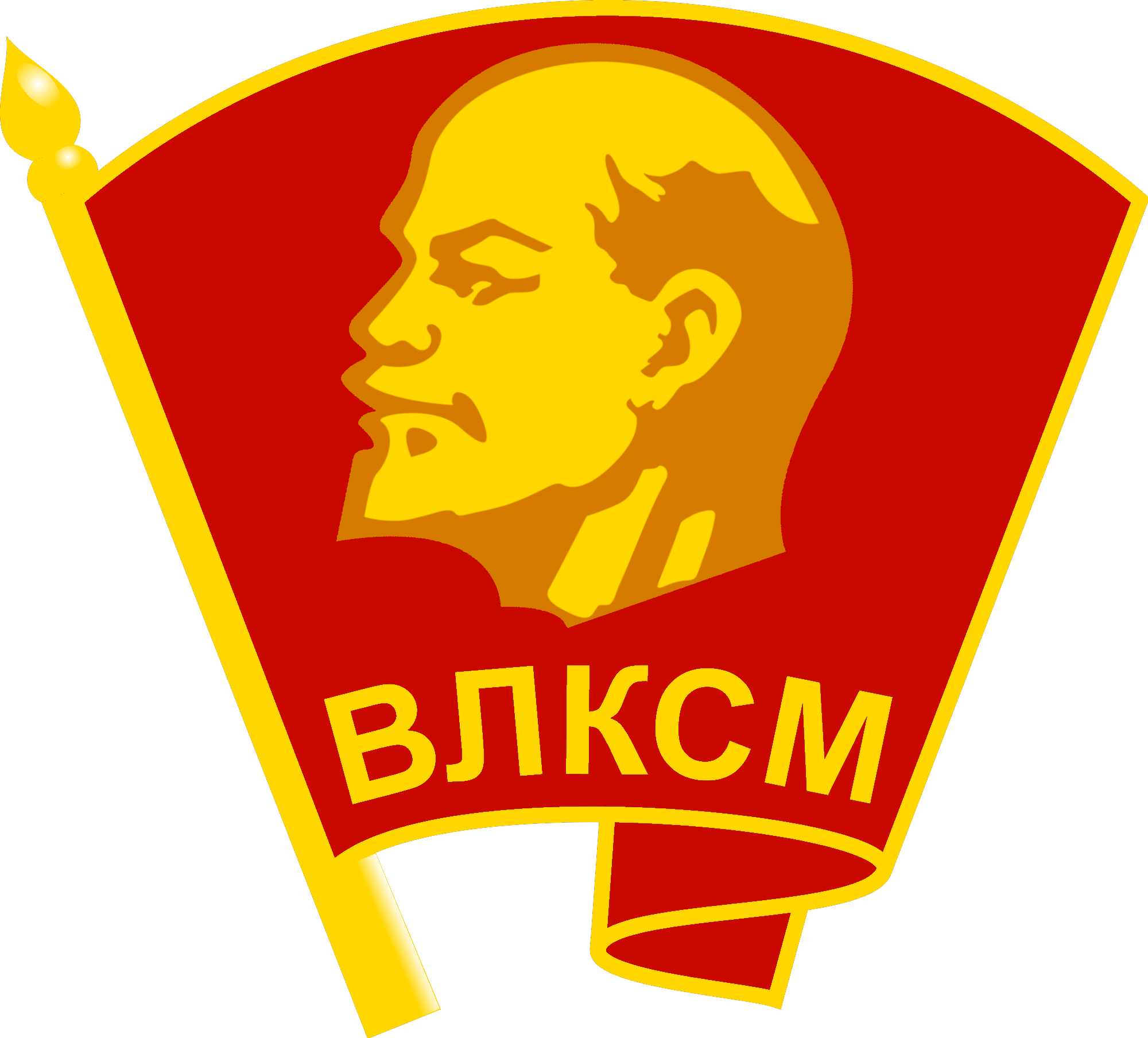|
Ashgabat Kinofabrica
The cinema of Turkmenistan dates back to the 1920s, when the country was within the Soviet Union. Since independence in 1991, Turkmenistan has had the most limited film production industry of any Central Asian state. History Early years - 1920s and 30s The first documentary to be produced in Turkmenistan itself was ''Provozglashenie Turkmenskoi SSR'' (Proclamation of the Turkmen Soviet Socialist Republic) in 1925, by Sergei Lebedev and Boris Bashem, two Russian cameramen from the Sevzapkino film studio in Leningrad. On 7 February 1926, The Council of People’s Commissars of the Turkmen SSR issued a decree to establish a "film-factory". The '' Ashgabat Kinofabrica'' was accordingly founded in Turkmenistan's capital city the following year, and their output consisted exclusively of documentaries, propaganda films and newsreels. Their exhibitions were often accompanied by educational lectures on the themes and Swetlana Slapke, former cultural historian at the Humboldt University ... [...More Info...] [...Related Items...] OR: [Wikipedia] [Google] [Baidu] |
Soviet Union
The Soviet Union,. officially the Union of Soviet Socialist Republics. (USSR),. was a transcontinental country that spanned much of Eurasia from 1922 to 1991. A flagship communist state, it was nominally a federal union of fifteen national republics; in practice, both its government and its economy were highly centralized until its final years. It was a one-party state governed by the Communist Party of the Soviet Union, with the city of Moscow serving as its capital as well as that of its largest and most populous republic: the Russian SFSR. Other major cities included Leningrad (Russian SFSR), Kiev (Ukrainian SSR), Minsk ( Byelorussian SSR), Tashkent (Uzbek SSR), Alma-Ata (Kazakh SSR), and Novosibirsk (Russian SFSR). It was the largest country in the world, covering over and spanning eleven time zones. The country's roots lay in the October Revolution of 1917, when the Bolsheviks, under the leadership of Vladimir Lenin, overthrew the Russian Provisional Government ... [...More Info...] [...Related Items...] OR: [Wikipedia] [Google] [Baidu] |
1948 Ashgabat Earthquake
The 1948 Ashgabat earthquake (; russian: Ашхабадское землетрясение 1948 года, Ashkhabadskoye zemletryasenie 1948 goda) was on 6 October with a surface wave magnitude of 7.3 and a maximum Mercalli intensity of X (''Extreme''), in Turkmenistan near Ashgabat. Due to censorship by the Soviet government, the event was not widely reported in the USSR's media. Historians tend to agree that the ban on reporting the extent of the casualties and damage did not allow the Soviet government to allocate enough financial resources to respond adequately. It was the strongest earthquake recorded in Turkmenistan. Details The Ashgabat earthquake struck at 1:12 a.m. on October 6, 1948. The epicenter of the earthquake was near the small village of Gara-Gaudan, 25 kilometres southwest of Ashgabat. The earthquake caused extreme damage in Ashgabat and nearby villages, where almost all brick buildings collapsed, concrete structures were heavily damaged, and freight trai ... [...More Info...] [...Related Items...] OR: [Wikipedia] [Google] [Baidu] |
Khrushchev Thaw
The Khrushchev Thaw ( rus, хрущёвская о́ттепель, r=khrushchovskaya ottepel, p=xrʊˈɕːɵfskəjə ˈotʲ:ɪpʲɪlʲ or simply ''ottepel'')William Taubman, Khrushchev: The Man and His Era, London: Free Press, 2004 is the period from the mid-1950s to the mid-1960s when Political repression in the Soviet Union, repression and Censorship in the Soviet Union, censorship in the Soviet Union were relaxed due to Nikita Khrushchev's policies of de-Stalinization and peaceful coexistence with other nations. The term was coined after Ilya Ehrenburg's 1954 novel ''The Thaw (Ehrenburg novel), The Thaw ''("Оттепель"), sensational for its time. The Thaw became possible after the Death and state funeral of Joseph Stalin, death of Joseph Stalin in 1953. General Secretary of the Communist Party of the Soviet Union, First Secretary Khrushchev denounced former General Secretary Stalin in the On the Cult of Personality and Its Consequences, "Secret Speech" at the 20th Congres ... [...More Info...] [...Related Items...] OR: [Wikipedia] [Google] [Baidu] |
Khodzhakuli Narliev
Hojaguly Narliyev ( tk, link=no, Hojaguly Narliýew; born 21 January 1937 in Ashkhabad, Turkmen SSR, USSR), also known as Khodzhakuli Narliev, is a Turkmen film director, actor, screenwriter, and producer, and the first secretary of the Film Union of Turkmenistan. Narliev graduated from Moscow's Gerasimov Institute of Cinematography (VGIK) in 1960. His first film of note was working with director Bulat Mansurov on ''The Competition'' in 1963, a notable film in the development of Turkmen national cinema. He garnered critical acclaim for his 1972 film '' Nevestka'' (''Daughter-in-Law'') which is considered to be "the film that put Turkmen film on the map" and the most important film in Turkmen cinema. Narliyev's movies typically deal with issues surrounding women in Soviet society and Sovietization. As an actor, Narliyev appeared in '' Kto byl nichem...'' (1974), '' Kogda zhenshchina osedlaet konya'' (1974), '' Derevo Dzhamal'' (1981) (also directed and wrote) and '' Nichevo ne sl ... [...More Info...] [...Related Items...] OR: [Wikipedia] [Google] [Baidu] |
Murad Kurbanklychev
Murad or Mourad ( ar, مراد) is an Arabic name. It is also common in Armenian, Azerbaijani, Bengali, Turkish, Persian, and Berber as a male given name or surname and is commonly used throughout the Muslim world and Middle East. Etymology It is derived from the Arabic Semitic triliteral root رود (r-w-d). Its Arabic meaning can be translated roughly into ''wanted'', ''desired'', ''wished for'', ''yearned'' or ''goal''. Given name Ottoman sultans * Murad I (1326–1389), often nicknamed Hüdavendigâr—from Persian: ''Khodāvandgār'' —"the devotee of God", the third sultan. Received the name Murad through a play on the Arabic word "mordd", which means "wish" or "desire". * Murad II (1404–1451) *Murad III (1546–1595) * Murad IV (1612–1640) * Murad V (1840–1904) Others ;Murad *Mawlana Murad, Islamic scholar *Şehzade Murad, Ottoman prince * Murad, Veteran Bollywood Indian Actor * Murad Artin (born 1960), Armenian-Swedish politician *Murad Mirza, second son of ... [...More Info...] [...Related Items...] OR: [Wikipedia] [Google] [Baidu] |
Kurban Yazhanov
Kurban is a term for animal sacrifice in: *Islam, see qurbani *Judaism, see korban *the Balkans, see kourbania It may also refer to: Given name * Kurban Günebakan (born 1978), Turkish boxer * Kurban Kurbanov (born 1985), freestyle wrestler from Uzbekistan * Kurban Said, pseudonym of the author Azerbaijani–UkrainianLev Nussimbaum (1905–1942) * Kurban Tulum (1883-1975), Uyghur treated by the Communist Party of China as a symbol of unity with the Uyghurs * Naheed Kurban Nenshi (born 1972), Canadian politician Surname * Olga Kurban (born 1987), Russian female heptathlete * Roy Kurban, American Taekwondo martial arts grandmaster Other uses * Kurban (band), a Turkish rock band See also * Kurbaan (other) * Qurbani (other) * Corban (other) * Korban (name) Korban may refer to the following people ;Given name * Korban Blake, British multi-genre author ;Surname * Gennady Korban (born 1949), Russian Greco-Roman wrestler * Hennadiy Korban (born 1970), U ... [...More Info...] [...Related Items...] OR: [Wikipedia] [Google] [Baidu] |
Gerasimov Institute Of Cinematography
The Gerasimov Institute of Cinematography (russian: Всероссийский государственный институт кинематографии имени С. А. Герасимова, meaning ''All-Russian State Institute of Cinematography named after S. A. Gerasimov''), a.k.a. VGIK, is a film school in Moscow, Russia. History The institute was founded in 1919 by the film director Vladimir Gardin as the Moscow Film School and is the oldest film school in the world. From 1934 to 1991 the film school was known as the All-Union State Institute of Cinematography (russian: Всероссийский (ранее Всесоюзный) государственный институт кинематографии). Film directors who have taught at the institute include Lev Kuleshov, Marlen Khutsiev, Aleksey Batalov, Sergei Eisenstein, Mikhail Romm and Vsevolod Pudovkin. Alumni include Sergei Bondarchuk, Elem Klimov, Sergei Parajanov, Alexander Sokurov and Andrei Tarko ... [...More Info...] [...Related Items...] OR: [Wikipedia] [Google] [Baidu] |
Communist Party Of Turkmenistan
The Communist Party of Turkmenistan (russian: Коммунистическая партия Туркменистана; tk, Türkmenistanyň Kommunistik Partiýasy) was the ruling communist party of the Turkmen SSR, and a part of the Communist Party of the Soviet Union. From 1985 it was led by Saparmurat Niyazov. 16 December 1991, as the Soviet Union was in the process of dissolving, Niyazov reorganized the CPT as the Democratic Party of Turkmenistan. The Communist Party of Turkmenistan (1998), current Communist Party of Turkmenistan was made illegal during the presidency of Niyazov after independence and remains banned. First Secretaries of the Communist Party of Turkmenistan Second Secretaries of the Communist Party of Turkmenistan * Vasily Rykov (1963–1975) See also *Politics of Turkmenistan *Communist Party of the Soviet Union References [...More Info...] [...Related Items...] OR: [Wikipedia] [Google] [Baidu] |
Komsomol
The All-Union Leninist Young Communist League (russian: link=no, Всесоюзный ленинский коммунистический союз молодёжи (ВЛКСМ), ), usually known as Komsomol (; russian: Комсомол, links=no ()), a syllabic abbreviation of the Russian ), was a political youth organization in the Soviet Union. It is sometimes described as the youth division of the Communist Party of the Soviet Union (CPSU), although it was officially independent and referred to as "the helper and the reserve of the CPSU". The Komsomol in its earliest form was established in urban areas in 1918. During the early years, it was a Russian organization, known as the Russian Young Communist League, or RKSM. During 1922, with the unification of the USSR, it was reformed into an all-union agency, the youth division of the All-Union Communist Party. It was the final stage of three youth organizations with members up to age 28, graduated at 14 from the Young Pioneer ... [...More Info...] [...Related Items...] OR: [Wikipedia] [Google] [Baidu] |
Russian Civil War
, date = October Revolution, 7 November 1917 – Yakut revolt, 16 June 1923{{Efn, The main phase ended on 25 October 1922. Revolt against the Bolsheviks continued Basmachi movement, in Central Asia and Tungus Republic, the Far East through the 1920s and 1930s.{{cite book, last=Mawdsley, first=Evan, title=The Russian Civil War, location=New York, publisher=Pegasus Books, year=2007, isbn=9781681770093, url=https://archive.org/details/russiancivilwar00evan, url-access=registration{{rp, 3,230(5 years, 7 months and 9 days) {{Collapsible list , bullets = yes , title = Peace treaties , Treaty of Brest-LitovskSigned 3 March 1918({{Age in years, months, weeks and days, month1=11, day1=7, year1=1917, month2=3, day2=3, year2=1918) , Treaty of Tartu (Russian–Estonian)Signed 2 February 1920({{Age in years, months, weeks and days, month1=11, day1=7, year1=1917, month2=2, day2=2, year2=1920) , Soviet–Lithuanian Peace TreatySigned 12 July 1920({{Age in years, months, weeks and da ... [...More Info...] [...Related Items...] OR: [Wikipedia] [Google] [Baidu] |



